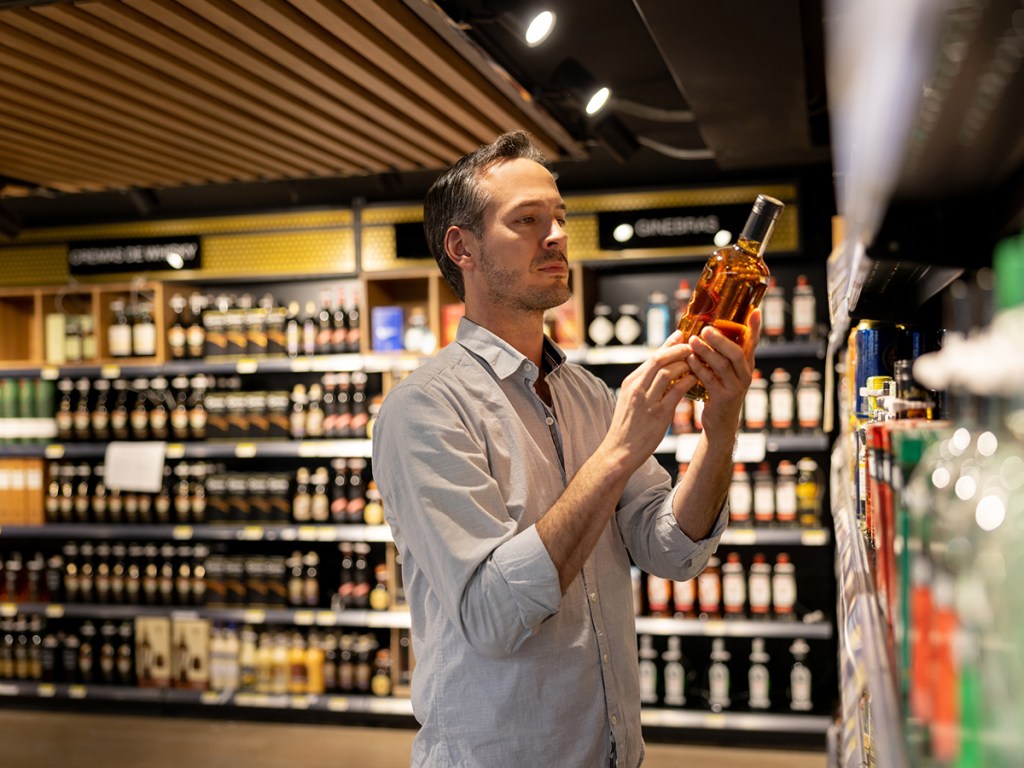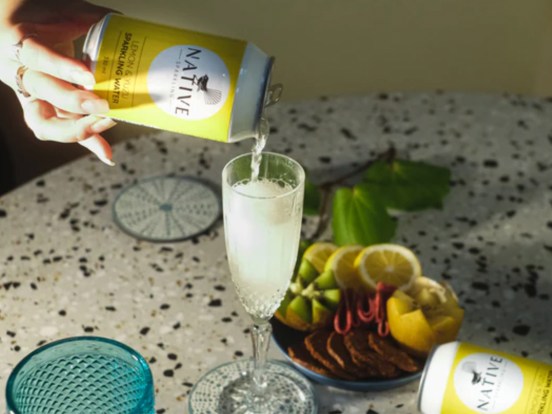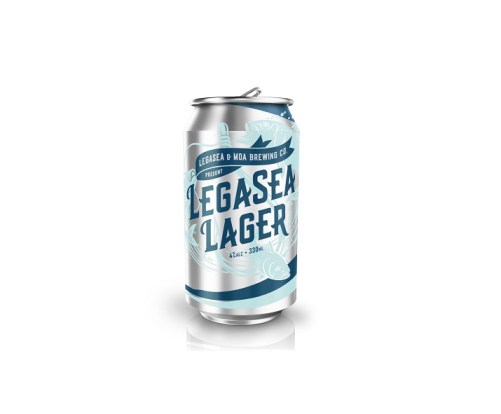Members of the New Zealand liquor industry have expressed disappointment at the Government’s passing of new legislation on the Sale & Supply of Alcohol Act (Community Participation) Bill.
The Bill passed its third reading at Parliament on Thursday and it implements a number of changes including:
- Allowing any person or group to object to a licence application, with a narrow exception for trade competitors.
- Extending the timeframe for objecting, to give people more time to prepare evidence.
- Removing the ability for parties to appeal provisional local alcohol policies.
- Removing the ability to cross-examine at alcohol licensing hearings.
In a statement, Justice Minister Ginny Andersen said it was a huge win for communities that were struggling with the widespread and damaging effects of alcohol-related harm.
“It was always envisaged that people would have the opportunity to be heard when it comes to how, when, and where alcohol was sold in their own neighbourhoods, but unfortunately this hasn’t eventuated.”
However, the liquor industry says the new legislation will actually make it harder for local communities to have a say.
“This new legislation is meant to give communities greater say over who gets a license in their area. Except the legislation will not do this,” says NZABC Executive Director Virginia Nicholls.
Throughout the country these processes are determined by District Licensing Committees (DLCs) in keeping with the relevant Local Alcohol Policies (LAPs).
The legislation is focused on the process an entity goes through to apply for a new license or renew an existing license.
“This will now allow individuals or groups outside a region to object to a licence in another part of New Zealand. This goes against the sentiment for a community to decide on their own local requirements,” says Nicholls.
“This will result in an increased number of licensing hearings which will be longer and more involved, with higher costs for participants.”
Nicholls says the problem lies in the changes, which instead of addressing alcohol-related harm, will significantly impact responsible business operators and exaggerate existing problems with the current licensing process.
“Under the legislation and an LAP allows proximity provisions to sites such as schools or a church, this could force the closure of a pre-existing on or off-licence irrespective of whether it was well run or valued by the community.
“The legislation removes the parties ability to appeal Local Alcohol Policies (LAPs) to the Alcohol Regulatory Licensing Authority (ARLA) which will restrict the appeal rights in the community.
“This ignores the ability to challenge decisions that unduly impact trading rights or may not be based on evidence.”
Robert Brewer, Chief Executive of Spirits New Zealand calls the Bill “ill-conceived”, saying small businesses that hold an alcohol licence will have their livelihoods threatened.
“While we have always supported the measured and reasonable improvement of current alcohol laws the legislation passed today has the potential to undermine the value of thousands of businesses around New Zealand,” he says.
“Any business owner will tell you that if your ability to trade can suddenly be affected at the stroke of a pen, even after decades of investment and hard work, then the value of your business will be also be affected.”
Brewer says the removal of the right to appeal a new or revised Local Alcohol Policy not only affects everyone – including the community – it also removes the right of anyone to challenge the legitimacy of what a Council might be proposing.
“Instead of focusing on harm reduction – the core purpose of our alcohol laws – the new Act has focused on processes that did not need fixing,” he says.
Dylan Firth, Executive Director. Brewers Association of New Zealand, says the Bill that has been rushed through at all stages.
“From being rushed to get through the first reading before the end of 2022 sitting year, where Ministry officials were unable to provide a full regulatory impact statement to the Minister and Cabinet on the proposed Bill prior to the decision by Cabinet to proceed, to the second reading, committee stages and third reading all being completed on the same day,” he says.
“It’s quite clear in trying to improve things for the community, the Government has decided that small hospitality businesses and breweries are not part of that community.”
Firth says The Brewers Association believes that a greater focus should be put on increasing the standards of Licensing committees, focusing of practical harm reduction initiatives around quality education for young New Zealanders on alcohol consumption and increasing the strictness of suitability of license holders.
“Increasingly we have seen employment relations issues and exploitation of workers matters arise across a range of small New Zealand businesses,” he says.
:Several notable cases have been publicised in off-licence venues. It is important for a sustainable industry and reduced alcohol related harm that bad operators exit and good operators are retained.”
And finally, Hospitality New Zealand says it is disappointed to see Bill pass, saying the Government largely ignored feedback from hospitality owners throughout the Bill’s progress and without proper consideration of the consequences for license holders.
“Hospitality NZ believes reducing access to alcohol does not automatically mean you reduce harm, as the numbers clearly show.
“Before the implementation of the Sale of Liquor Act in 1989 there were about 3000 licenses across New Zealand. There are now 11,000, but since 1986 alcohol consumption has been decreasing, and is now down 25%,” he says.
“More licensed premises and more places to purchase alcohol has not translated into higher consumption, as this Bill assumes.”
Armitage says hospitality venues recognise the harm alcohol can do when not enjoyed responsibly, which is why they support moves around harm minimisation.
“However, this Bill simply does not meaningfully influence harm minimisation, and instead undermines our industry and the role our venues play in communities across Aotearoa.
“Venues run by responsible hosts remain the safest place for people to be social and safely and responsibly enjoy alcohol.”
How to catch up with The Shout NZ…
Online, updated daily with its own unique content and breaking news.
Our weekly newsletter – free to your inbox! Subscribe here.
We are also on Facebook, Instagram and LinkedIn!




